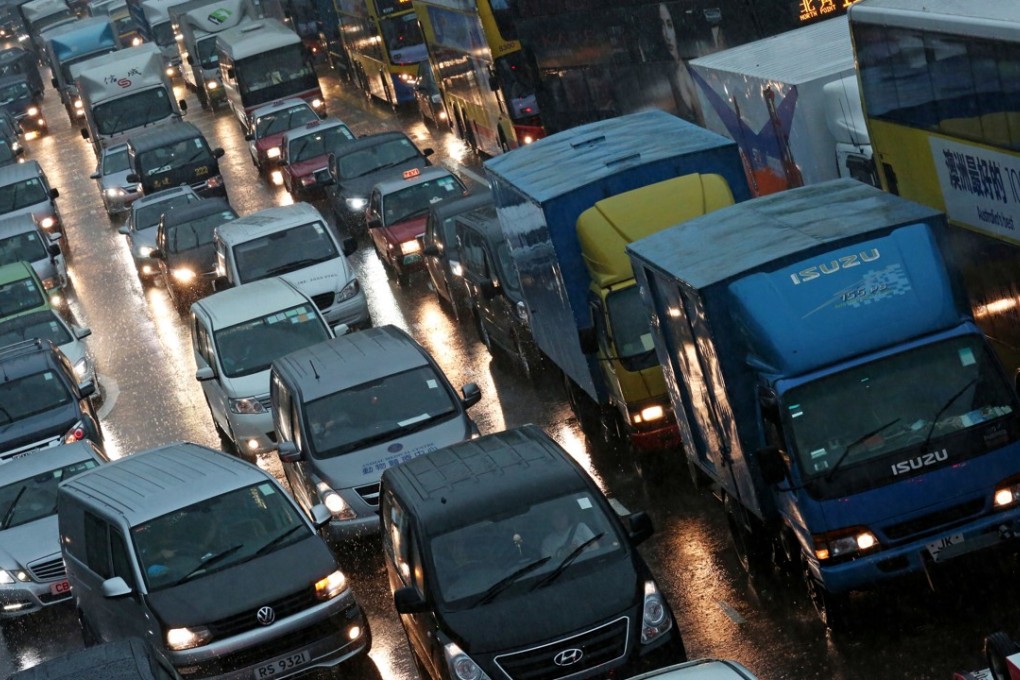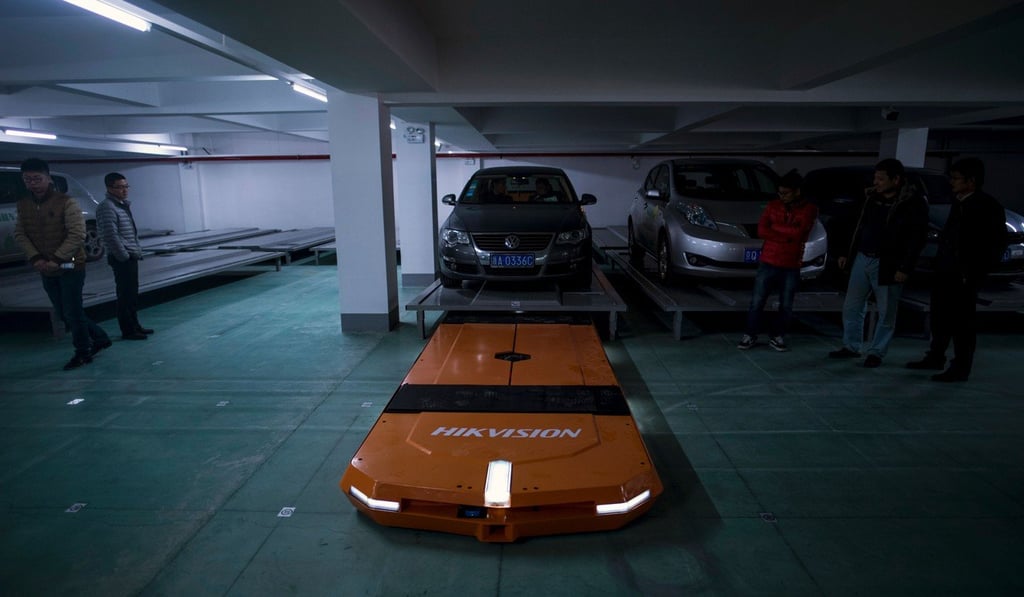How Hong Kong can cut traffic congestion: invest in smart technology
Winnie Tang says Hong Kong needs to jump on a booming market in hi-tech city services, such as smart traffic lights, that can make commuting easier and boost livelihoods

The institute estimated that the US used 3.1 billion gallons of gasoline and lost 6.9 billion hours due to congestion, resulting in costs of up to US$160 billion. Furthermore, from 2013 to 2014, 95 of America’s 100 largest metro areas saw increased congestion. In the previous year, the figure was 61, so the problem is getting worse.
Decentralise Hong Kong’s business districts to ease traffic congestion
A lack of real-time information means many people, enterprises and even governments cannot fully or effectively use public facilities. Recently the US Department of Transportation introduced smart traffic lights and adaptive signal control technology to collect real-time traffic data through roadside sensors to adjust the lights. The department says this can cut travel time by more than 10 per cent, saving fuel and improving air quality.

Much to be done for Hong Kong to become a true smart city
